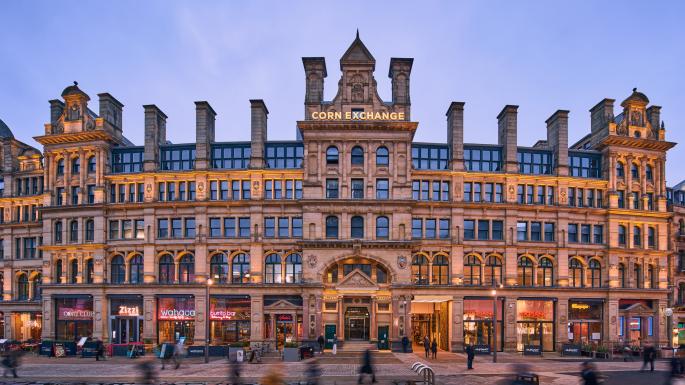
One of Britain’s biggest property owners has predicted the death of the traditional shop, as it warns that most physical stores on the high street will be wiped out by the relentless rise of online shopping.
Aviva Investors, which has £20 billion worth of property under management in the UK including several shopping centres, believes that store-based retail is set to “decline significantly”.
Europe’s largest property investment manager is already in the process of slimming down its sprawling portfolio in the UK, having sold 110 properties worth £950 million this year but bought only six new ones.
In a report to clients, Aviva says the rise of online shopping and the growing sophistication of “smart” products in the home will kill off stores.
Chris Urwin, head of global research for real estate at Aviva, said: “The UK retail sector will need significantly fewer stores in the period ahead . . . We expect to see clear winners and losers.”
Aviva says this means shops which survive will be smaller and will have to offer a personalised, “high-engagement” experience that will merge online and physical retail. He added that “instant gratification” for customers “will need to become the norm, not the exception”, with no long queues.
Shopping centres will also have to become destinations in their own right to compete with online shopping.
The impact of the change in shopping habits has already become apparent on the high street. A study by Colliers in June revealed that the proportion of all shops that have been empty for more than two years has risen by a fifth, to about one in 28.
In America, investors believe they have found the next “big short” by betting against the retail industry, with many believing a proliferation of shopping malls arriving at a time of falling demand will lead to a crash bigger than that of subprime mortgages.
Intu Properties, which owns the Trafford Centre in Manchester and Metrocentre in Gateshead, fell out of the FTSE 100 index in May and was replaced by Segro, one of Britain’s biggest owners of warehouses, which have become vital for ecommerce. “The retail pie is set to grow relatively slowly and physical stores will capture a smaller share of that pie overall,” Mr Urwin said.
Aviva itself has transformed prominent shopping locations that it owns, such as the Corn Exchange in Manchester, into leisure destinations with a range of premium casual dining restuarants and a hotel on the upper floors.
